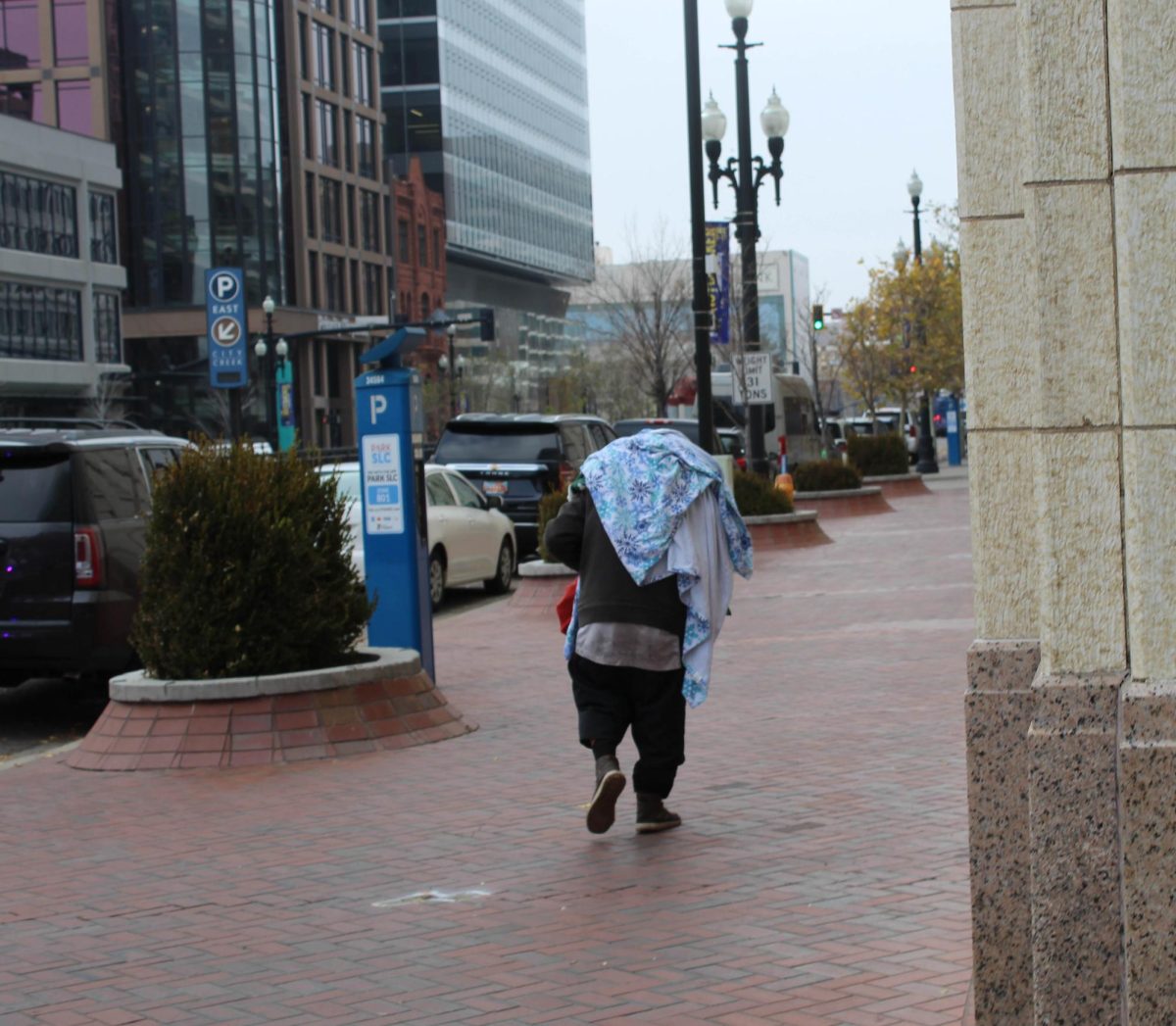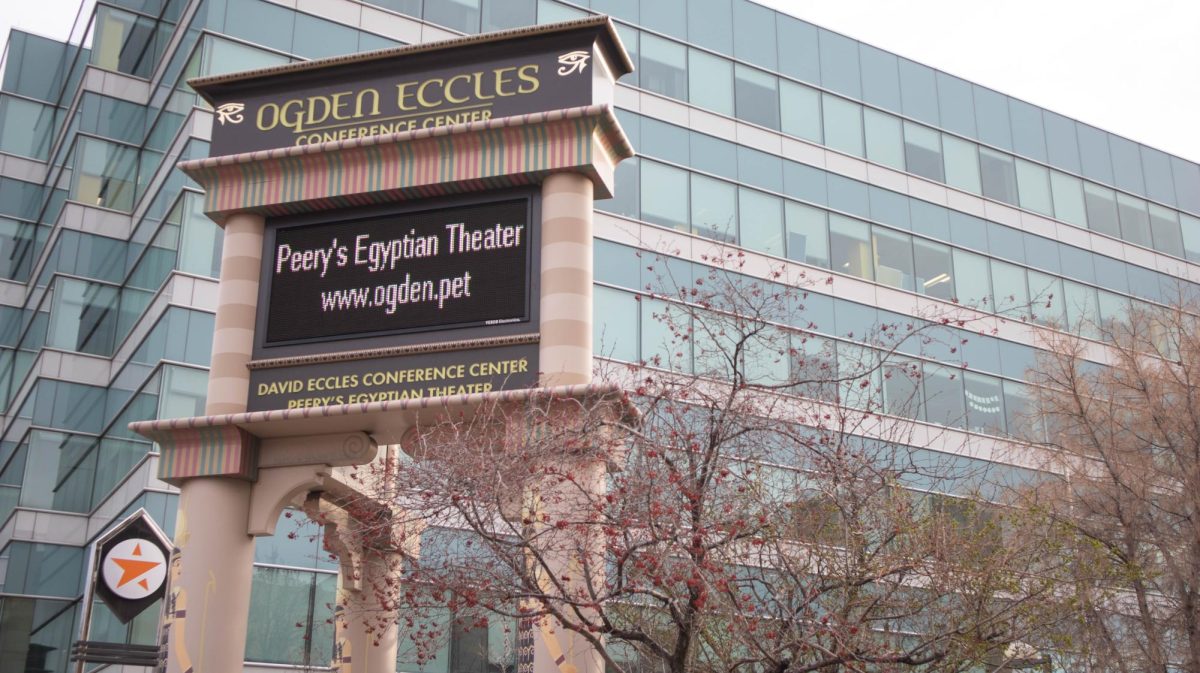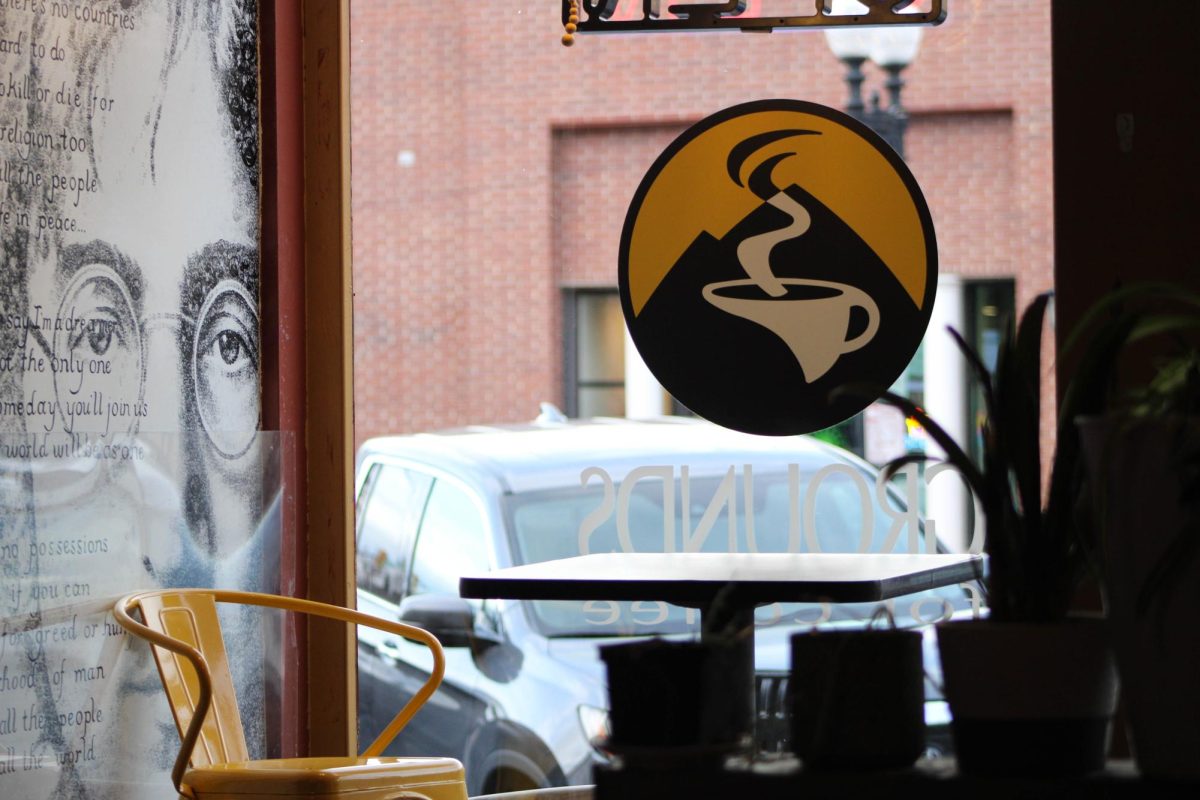It’s not everyday that Weber State University students get to meet international diplomats. But on March 2, students, faculty and members of the community heard from Luis Miguel Castilla, Peru’s ambassador to the United States.
In his speech, Castilla addressed the importance of trade agreements and educational policy. He was accompanied by Honorary Consul David Utrilla, a WSU alumnus.
WSU President Charles Wight welcomed the diverse crowd a with “bienvenidos” and an invitation to learn from the Castilla.
“The deepest learning comes from those with diverse backgrounds, cultures and experiences,” Wight said.
Castilla, an economist, emphasized the power of trade partnerships between Latin America, the U.S and Asia.
“There are ample opportunities to engage with great states like Utah.” Castilla said.
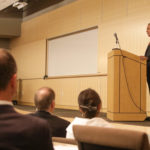
Peru, a diverse country of 30 million, has the second highest investment rate in Latin America. Although considered a middle-income economy, its growth rate is similar to China’s. Peru is a member the Pacific Alliance, a trade bloc formed in 2012 consisting of Peru, Chile, Colombia and Mexico, jointly creating the eighth largest economy in the world.
Castilla said Utah and Peru already have economic ties through an industry they share: mining.
“A lot of Peruvian gold is processed in Utah,” Castilla said.
According to Castilla, only five percent of mining wealth has been tapped in Peru, leaving 95 percent of Peru’s mineral resources untouched. Castilla said mining can exhaust a country’s water supply, adding that he is committed to finding the right balance between extractive industries and the environment.
Part of finding this balance is setting the guidelines for international trade and forming trade partnerships.
“Engaging in trade agreements sets the rules,” he said.
The Trans-Pacific Partnership, or TPP, is an international trade agreement that Castilla believes would open trade and investment and help to liberalize the economy. Currently, opening a business in Peru can be challenging due to set restrictions.
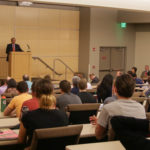
“It takes two hours to open a business in Canada, but in Peru, it can take two weeks, and even that’s if everything goes well,” Castilla said.
Weber State’s Goddard School of Business and Economics established an academic agreement with the University of Piura in 2014. This partnership not only gives WSU students a study abroad opportunity, but it helps the Peruvian university develop better curriculum with an emphasis in STEM subjects and English as a second language.
“We need to be bilingual to reap the benefits of a global economy,” Castilla said.
During a question and answer session, Castilla was asked about his efforts to help Peruvian immigrants living in the U.S.
“My outreach is to get to know the Peruvian community,” he said. “We don’t discriminate our consular services. We serve both the documented and the undocumented.”
At the end of Castilla’s speech, Wight presented him with a puzzle of the WSU campus representing ties between Weber State and Peru. In return, Castilla gave Wight a photo book of Caral, Peru, the most ancient city on the South American continent.
A press conference was held after the lecture to sign a memorandum of understanding to expand already existing partnerships and deepen ties.
Castilla said the next time he comes to Utah, he will bring his family and go snowboarding.




